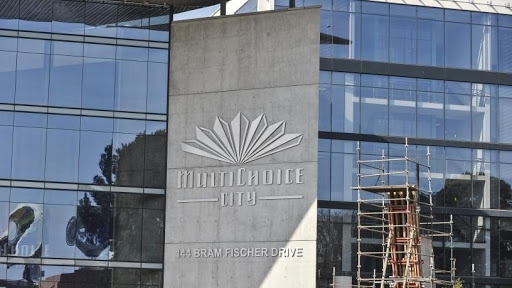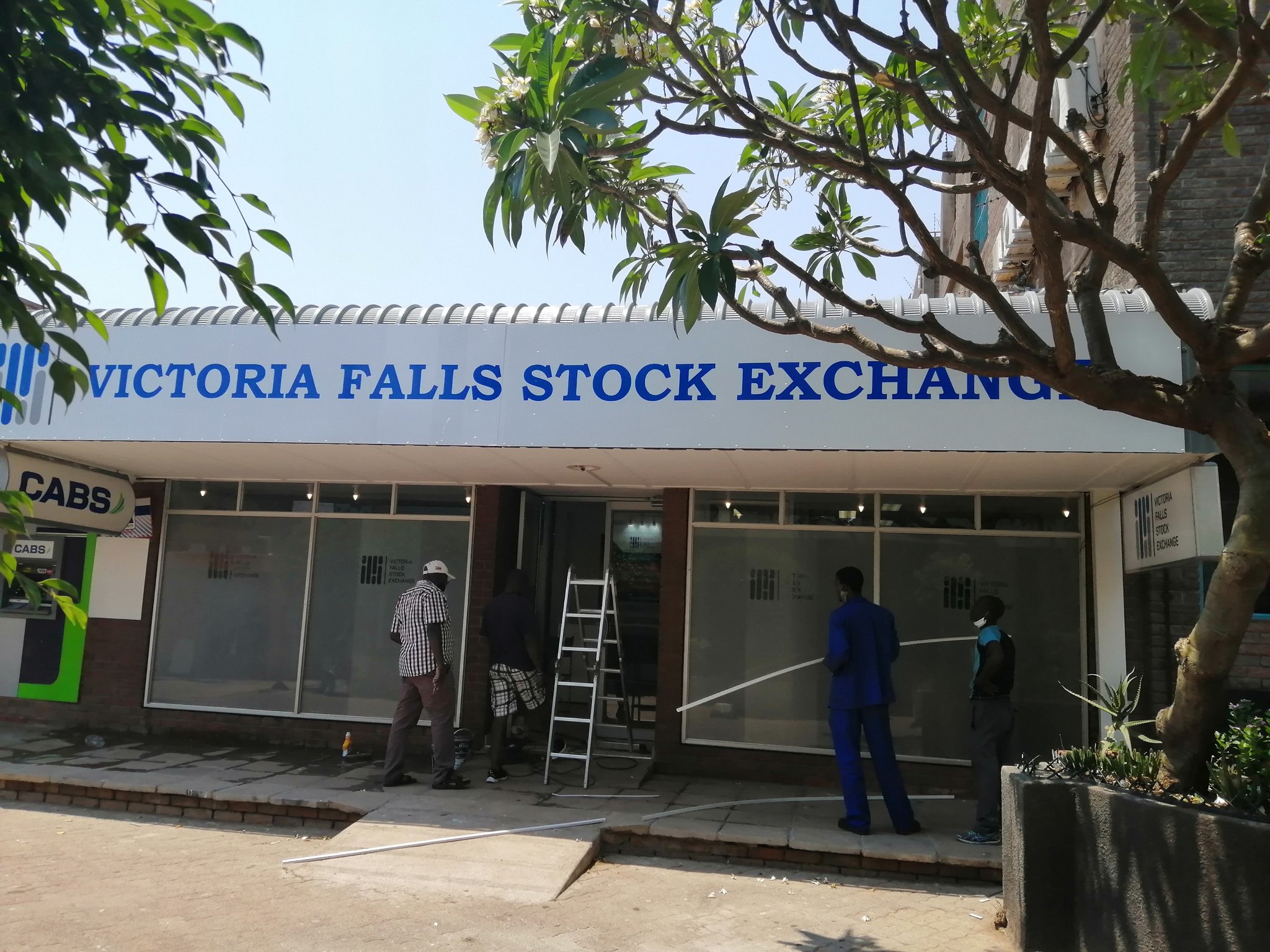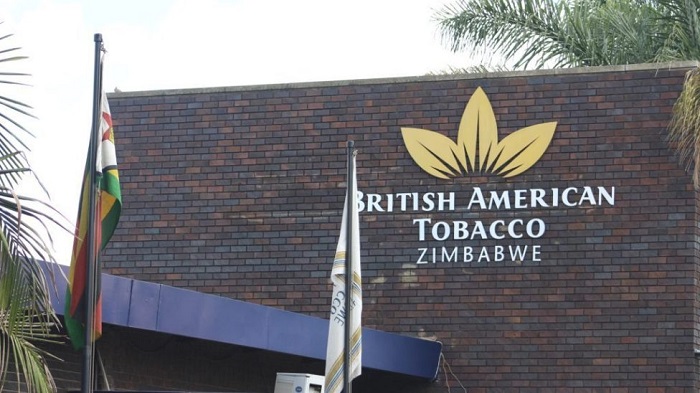Wildlife conservation identified as important component in combating climate change
ZIMBABWE’S leading wildlife conservation partner, International Fund for Animal Welfare (IFAW) has said wildlife conservation and nature-based solutions have a critical role in addressing climate change impact and keeping global warming within the 1.5 degrees Celcius threshold targeted under the Paris Agreement.
IFAW is one of the conservation partners attending the 28th Conference of Parties of the United Nations Framework Convention on Climate Change (COP28) and will have a series of side meetings to urge Governments and other stakeholders to recognise wildlife conservation’s critical role in leading urgent efforts to address climate change.
In a statement, IFAW’s climate change adviser Mr Simon Addison said as the world grapples with close to 3°C of global warming, there is a growing understanding of the importance of nature in combatting climate change.
Mr Simon Addison
“But discussion of nature-based solutions to date has tended to focus on critical ecosystems for addressing climate change—forests, wetlands, mangroves, or seagrasses—as if these are static spaces that exist in isolation from their parts including animals that enable them to function and absorb and store carbon from the atmosphere.
“IFAW believes we can still reach the Paris Agreement goals but only if we halt and reverse nature loss. Wild animals are some of our most powerful allies, driving ecosystem processes that capture carbon from the atmosphere hence we need to harness this role as a nature-based solution to the climate crisis,” said Mr Addison.
Elephants in Hwange National Park, Zimbabwe. Picture: Naude Heuris/IFAW
He said wild animals protect the carbon already stored in nature and prevent it from being released into the atmosphere.
It is estimated that protecting and restoring populations of only nine species and species groups—marine fish, whales, sharks, grey wolf, wildebeest, sea otter, musk ox, African forest elephants, and American bison—could collectively facilitate the capture of more than 95 percent of the amount of carbon dioxide needed every year to help keep global warming below the 1.5°C threshold.
“Restoring wild animal populations offers an inspirational vision and practical action we can take to combat climate change today,” says Mr Addison.
IFAW is a global non-profit organisation working in more than 40 countries around the world to help animals and people thrive together.-chronicle









